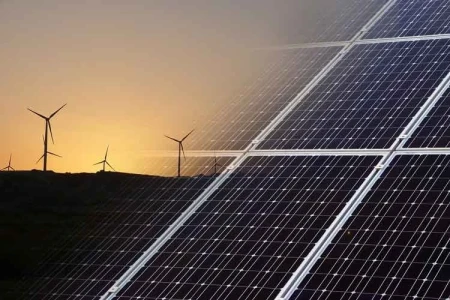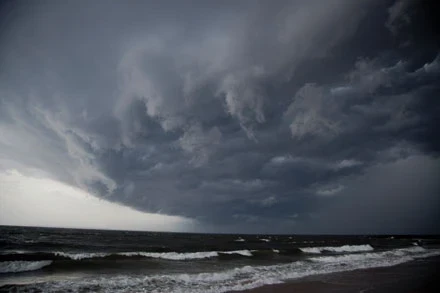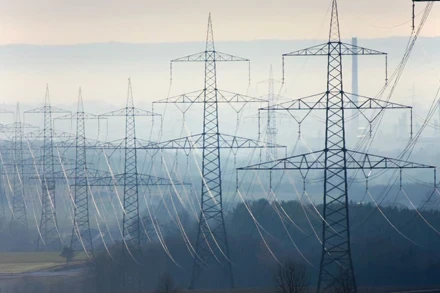FERC Proposes Ride-Through Standards for Renewables

The Federal Energy Regulatory Commission (FERC) is seeking public input on proposed "ride-through" reliability standards for inverter-based resources (IBRs), including wind, solar, and battery systems. These standards aim to ensure that IBRs can maintain operation during grid disturbances, such as frequency and voltage fluctuations, rather than disconnecting, thereby enhancing grid stability and reliability.
The North American Electric Reliability Corporation (NERC) has observed an increasing number of IBRs unexpectedly going offline during grid disturbances. For instance, in 2022, approximately 2.5 gigawatts of solar power in Texas were lost due to such an event, posing significant reliability risks.
NERC's proposal outlines clear definitions for ride-through capabilities, establishing voltage and frequency criteria for IBRs and ensuring that post-disturbance operations return to normal levels promptly. This initiative is part of a broader set of standards that FERC directed NERC to develop in 2023, addressing data sharing, model validation, planning, operational studies, and performance requirements related to IBRs.
FERC's move to bolster these standards comes amid a significant increase in the deployment of wind, solar, and storage resources, which utilize inverters to convert direct current electricity to alternating current for grid use. Unlike traditional synchronous generators, such as natural gas-fired power plants that inherently ride through disturbances, IBRs require specific programming to do so.
The proposed standards are scheduled to take effect on the first day of the quarter that begins 12 months after FERC's approval. FERC is accepting comments on the proposal for 60 days following its publication in the Federal Register.
In related developments, NERC released a three-year plan in January 2024 for developing reliability standards for IBRs. This plan responds to FERC's directive and aims to address concerns about IBRs tripping offline during grid disturbances. The new reliability standards are expected to be implemented by the end of the decade.
NERC's plan includes establishing clear definitions for IBRs and distributed energy resources, setting performance requirements, and ensuring post-event performance validation for registered IBRs. The organization also plans to address data sharing and model validation for all IBRs by November 2025 and to set standards for planning and operational study requirements by November 2026.
These efforts underscore the importance of adapting reliability standards to accommodate the rapid growth of renewable energy resources and the evolving dynamics of the bulk power system. Ensuring that IBRs can effectively ride through grid disturbances is crucial for maintaining grid stability and supporting the ongoing transition to cleaner energy sources.








